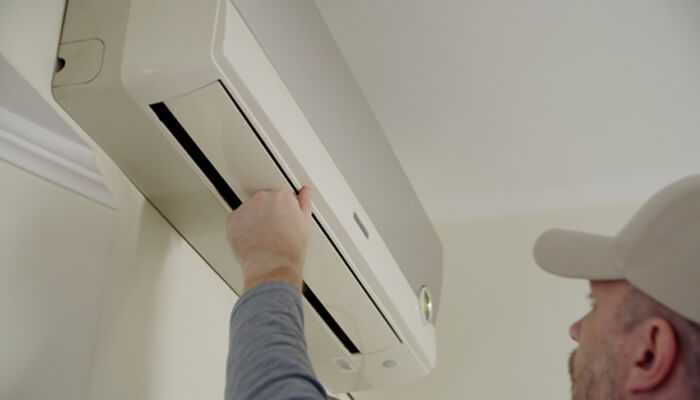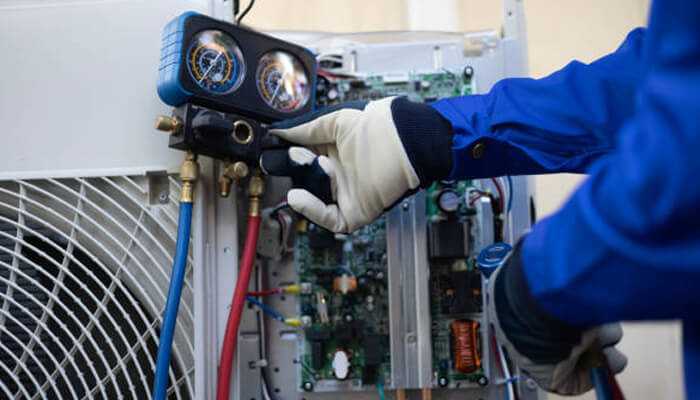The indoor environment we inhabit plays a crucial role in our overall health and well-being. With the advent of technology, smart HVAC systems have emerged as versatile solutions not only for climate control but also for enhancing indoor air quality. This article explores the various health benefits of these intelligent systems, emphasizing their contributions to better air, comfort, and energy efficiency.
How Smart HVAC Systems Improve Air Quality and Reduce Allergens
Indoor air quality is vital for maintaining a healthy living environment. Unfortunately, the EPA reports that indoor air is 2 to 5 times more polluted than outside air, highlighting the risks associated with stale air and allergens. Smart HVAC systems utilize advanced filtration technology to capture dust, pollen, and other allergens, significantly lowering the presence of these harmful particles in our living spaces.
Moreover, these systems can adjust their settings based on real-time air quality data. By monitoring pollutants and implementing changes automatically, smart HVACs continuously maintain a healthy atmosphere indoors. As a result, individuals suffering from allergies or respiratory issues can enjoy more comfort and relief in their homes, promoting overall health.
Additionally, the integration of smart technology allows users to control their HVAC systems remotely. This means homeowners can ensure optimal air quality even when they are away. An added layer of convenience and health awareness is established as families can take charge of their indoor environment in ways that support their well-being.
Maintaining Optimal Temperature and Humidity for Healthier Living Conditions
Comfortable living conditions contribute significantly to both mental and physical health. Smart HVAC systems are adept at maintaining optimal temperature and humidity levels, creating an inviting home environment. According to This Old House, nearly 90% of U.S. homes use air conditioning, reinforcing the importance of temperature regulation in maintaining comfort and health.
Proper humidity levels help inhibit the growth of mold and mildew, which can exacerbate respiratory issues and allergies. Smart HVACs can modulate humidity, ensuring indoor spaces stay within an ideal range. This proactive approach to climate control fosters healthier indoor environments, enhancing the overall quality of life for residents.
Furthermore, these systems often allow for personalized settings in different rooms. By catering to individual preferences, smart HVAC systems ensure that every member of the household can enjoy their ideal comfort level. This flexibility not only enriches the living experience but also supports the well-being of everyone in the home.
Energy Efficiency and Health: How Smart HVAC Systems Can Reduce Exposure to Pollutants
Energy efficiency in HVAC systems not only reduces costs but also minimizes environmental impact. Smart systems optimize energy consumption by adjusting to weather patterns and occupancy, ensuring that resources are used responsibly. This reduction in energy use is essential in lowering overall emissions, thereby contributing positively to public health.
The health benefits extend to reducing exposure to indoor pollutants, as energy-efficient systems frequently employ filtration and purification technologies. According to WebMD, air purifiers help to reduce three things: odors, particulates, and VOCs, thereby ensuring a healthier indoor environment. By integrating advanced filtration technologies, smart HVACs promote cleaner air, allowing occupants to breathe easier, especially those with sensitivities to indoor pollutants.
Lastly, lower energy consumption has a cascading effect on community health through decreased greenhouse gas emissions. As homes rely more on smart HVAC systems, air quality improves not just in individual homes but throughout neighborhoods. By supporting energy-efficient practices, homeowners contribute to the broader goal of enhancing public health and the environment alike.
In conclusion, the benefits of smart HVAC systems extend far beyond mere temperature control. By improving indoor air quality, maintaining optimal humidity, and enhancing energy efficiency, these systems play a pivotal role in promoting health and comfort. As awareness of indoor air quality increases, investing in smart HVAC technology becomes a crucial step towards ensuring healthier living environments for all.



